A wine's 'weight' is a tricky tasting term that can be hard to define and assess. Expert wine taster, Michael Schuster, gives us an explanation...
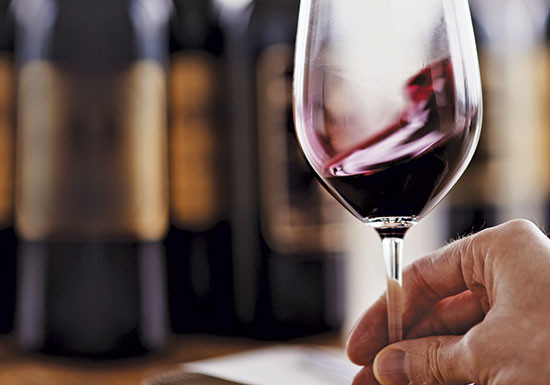
Sylvia Jiang, via email, asks: I’m doing my WSET Diploma and am unsure how to assess the weight of a wine on my palate. I think I’m confusing it with fruit intensity and alcohol. Do you have any tips?
Michael Schuster, for Decanter, replies: I’m not surprised you are confused. One’s impression of weight in wine relates precisely to both alcohol and to intensity or concentration of flavour, and it is often not easy to separate the two. Strictly speaking, weight relates to the presence of alcohol, for which you would tend to use words describing the varying degrees of body in a wine: light-bodied, medium-bodied, full-bodied, weighty, and so on. German kabinett or spätlese are light, at 7.5%-8.5% alcohol, Châteauneuf-du-Pape is full bodied at (today) 14.5% to 15.5% or more.
It is easy to discern this different weight in the mouth by tasting wines at different levels of alcohol next to each other, and noticing the different presence of alcohol alone, as it feels in your mouth. But it is easy to see why the notion of weight can be confusing when you consider that you can have wines that are full bodied, 14% or more in alcohol, and therefore quite weighty on the palate, but which don’t have much fruit or flavour concentration (many Provence rosés, for example). While on the other hand, you can have wines that are light in alcohol (7%-8%), and therefore relatively ‘gentle’ in their presence on the palate, but which have considerable concentration of flavour: for example German auslese or beerenauslese.
As you can see it isn’t simple, and it probably relates as much to semantics as to perception. So I shouldn’t fret about it overly!
Michael Schuster is an expert wine taster who runs courses for beginners to Masters of Wine students.
Translated by Sylvia Wu / 吴嘉溦
All rights reserved by Future plc. No part of this publication may be reproduced, distributed or transmitted in any form or by any means without the prior written permission of Decanter.
Only Official Media Partners (see About us) of DecanterChina.com may republish part of the content from the site without prior permission under strict Terms & Conditions. Contact china@decanter.com to learn about how to become an Official Media Partner of DecanterChina.com.

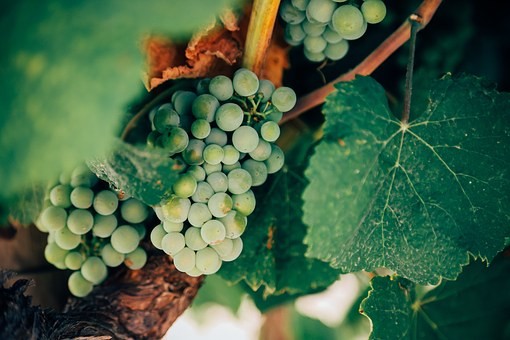
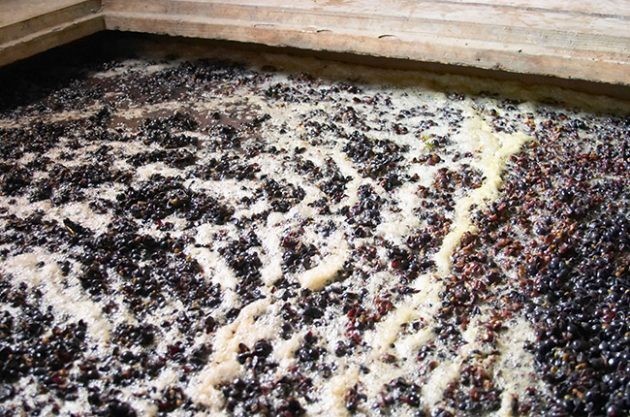

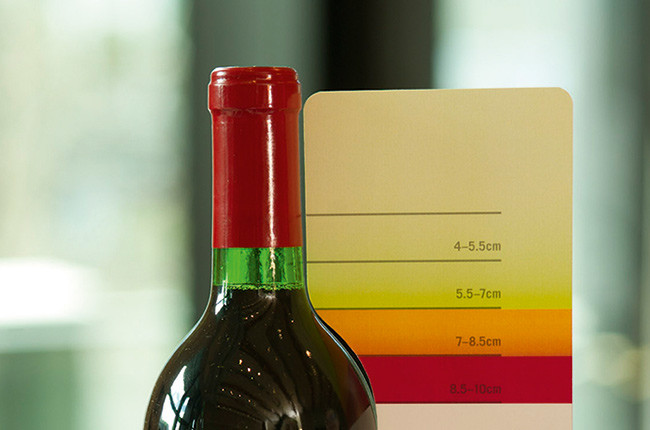

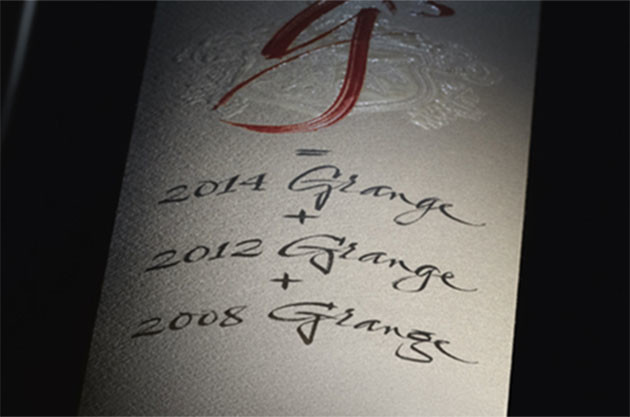

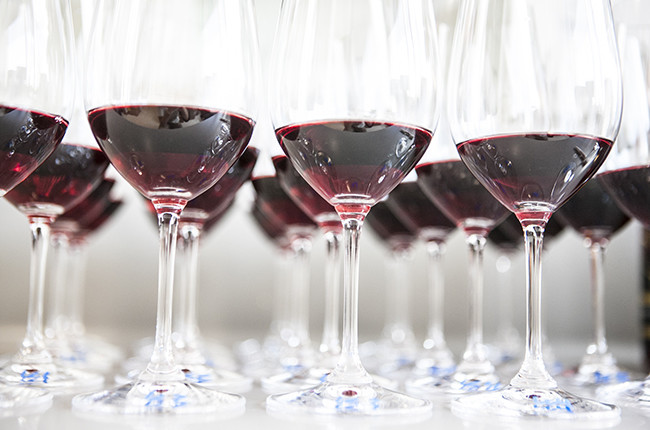

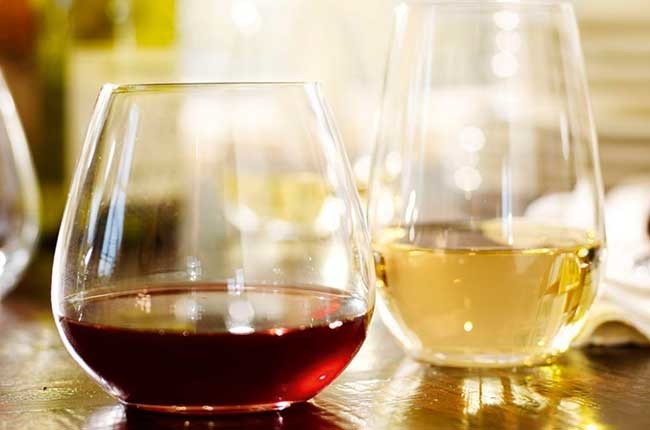
Comments
Submit